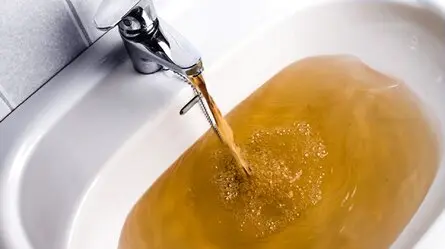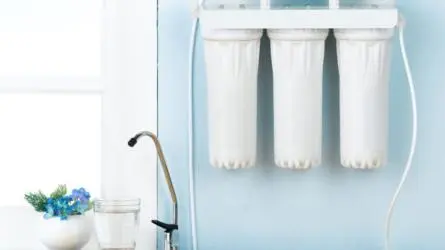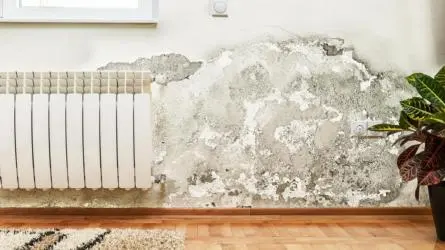Dealing with plumbing leaks is a common part of home ownership. They crop up unexpectedly, causing headaches for many homeowners.
Water leaks can range from minor issues, such as a leaky faucet, to more significant ones, such as a large-scale water pipe burst. Some problems are easy to fix, but others require much effort. Fundamental plumbing issues shouldn’t be a big deal if you’re a reasonably handy homeowner.
Nevertheless, many of these issues require a professional’s attention straight away. Delaying plumbing repairs often leads to higher costs down the line. Even straightforward problems should be addressed promptly to avoid bigger headaches.
That’s why we’ve put together this guide to help you find and fix water leaks on your own.
Common Causes Of Toilet Leaks
A toilet that keeps running is a frustratingly common problem. Jiggling the handle often doesn’t work, so it’s essential to find and fix the cause. Here are some typical reasons behind a leaky toilet:
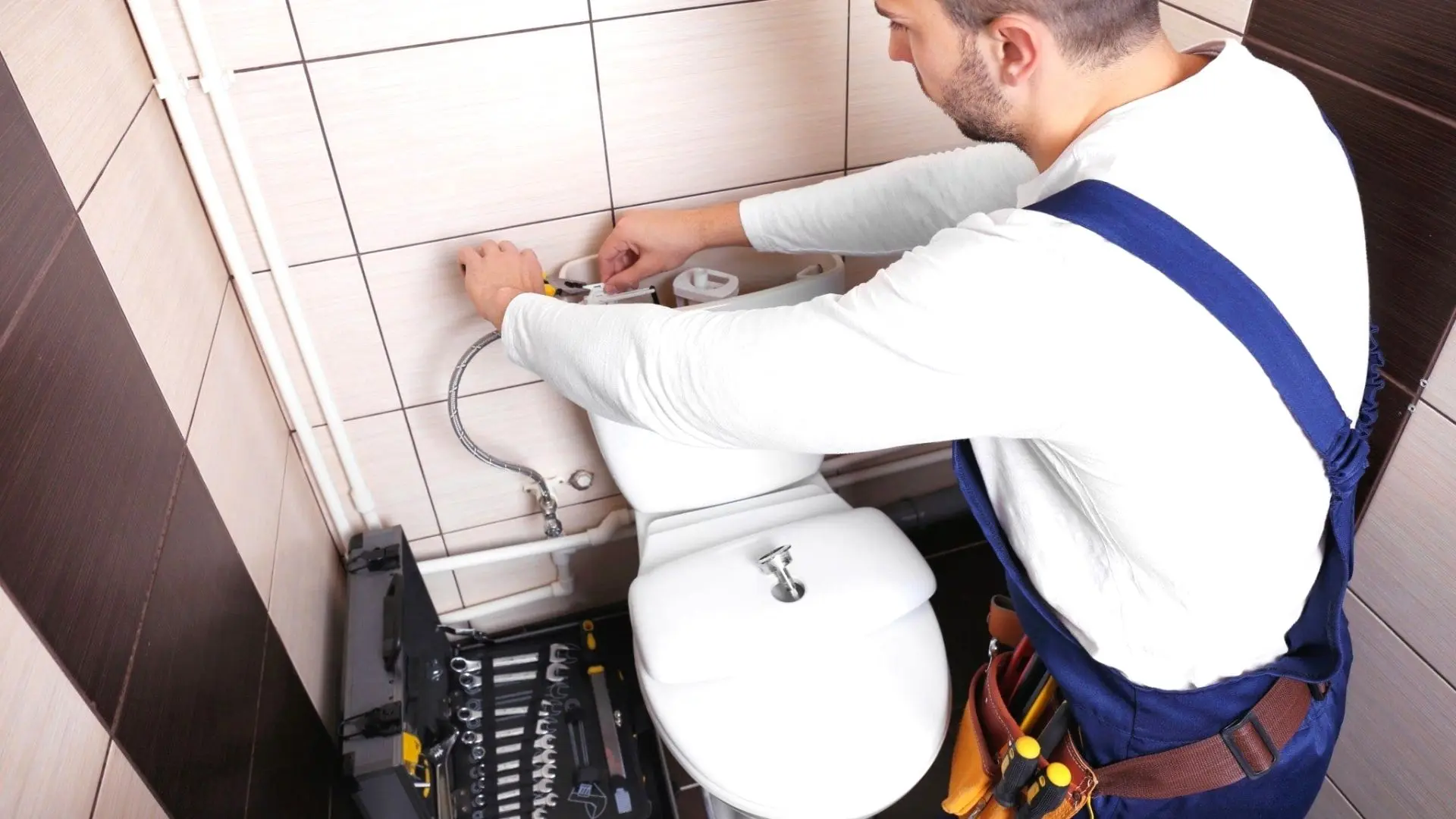
1. Fill Valve Breakdown
Once flushed, the fill valve replenishes the water in a toilet cistern. If you peer into the toilet tank and notice water gushing out of a plastic valve, you may have a faulty fill valve. This issue can contribute to leaking pipes, which are problematic for ensuring the efficient operation of your plumbing system.
2. Issues With The Fill Valve Float
After a flush, the fill valve float determines when the toilet cistern stops filling with water. If the float isn’t functioning correctly, water will continue to fill the toilet tank, eventually causing leak detection issues as it overflows into the bowl. These faults may go unnoticed and lead to more significant problems, such as leaking pipes or an underground pipe leak.
3. Problem With The Flush Valve Flapper
A flush valve flapper is a small rubber structure that sits above the flush valve in a toilet cistern. It is attached with a chain to the flusher but can lose its seal and become worn out over time. This, in turn, leads to an influx of water inside the toilet bowl. Leak detection for this issue can be challenging, as it doesn’t make much noise.
However, a little trick using food colouring or dye can help identify it. Put a few drops of the dye into the toilet tank and check the bowl after 15 minutes. The flush valve flapper is likely faulty if you notice any colour in the bowl. This method can also help prevent more significant issues like pipes or underground pipe leaks.
Common Causes For Leaky Bathtubs And Showers
Spotting these leaks is trickier than identifying toilet leaks, and ignoring them can lead to expensive fixes later. The real challenge lies in confirming that a leak exists and pinpointing its location.
There’s a lot of water each time someone showers, so it can be easy to mistake a leak for regular water accumulation. However, you might need repair if you notice a small puddle forming around the drain, water refusing to drain, or hidden leaks into the bedroom floor.
Here are some of the common reasons for shower leaks:
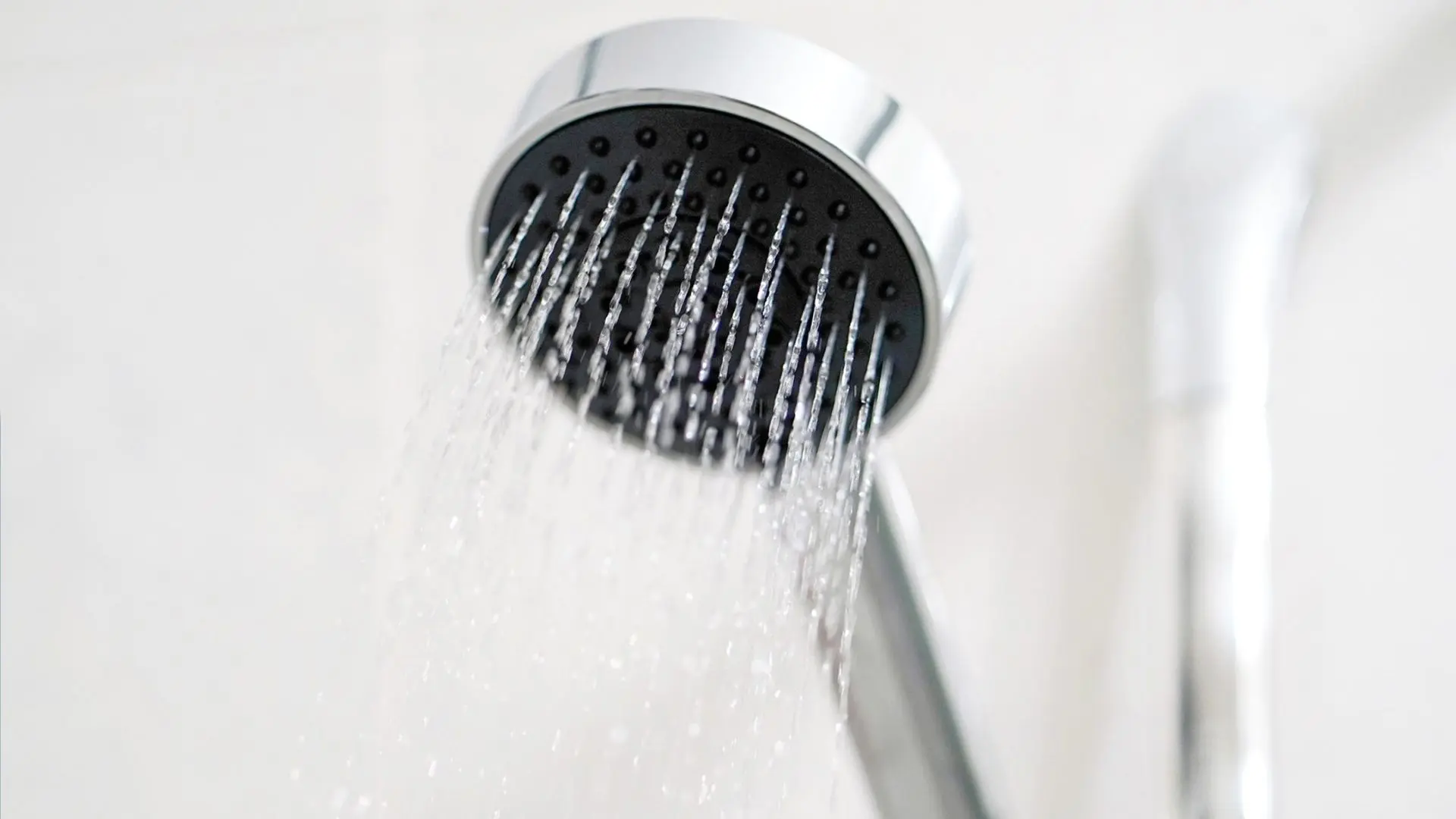
1. Grout And Caulk
You’ll notice that there’s usually a seal around the base of the shower or bathtub. If this seal is ancient and worn out, water could be seeping past it into the floorboards, which can lead to mould and rotting wood.
2. Drain And Valve Gaskets
Gaskets in the shower diverter valve or the tub drain are yet another source of leaky showers. A shower diverter valve prompts the water to come out of the showerhead, and a leak in this part might be tricky for an unskilled homeowner to spot.
Common Causes Of Leaky Faucets
The steady drip of leaky water wastes invaluable resources in the long run, leading to a very annoying background sound. However, some leaks might go undetected because they don’t make a dripping sound. Here is how to spot them:
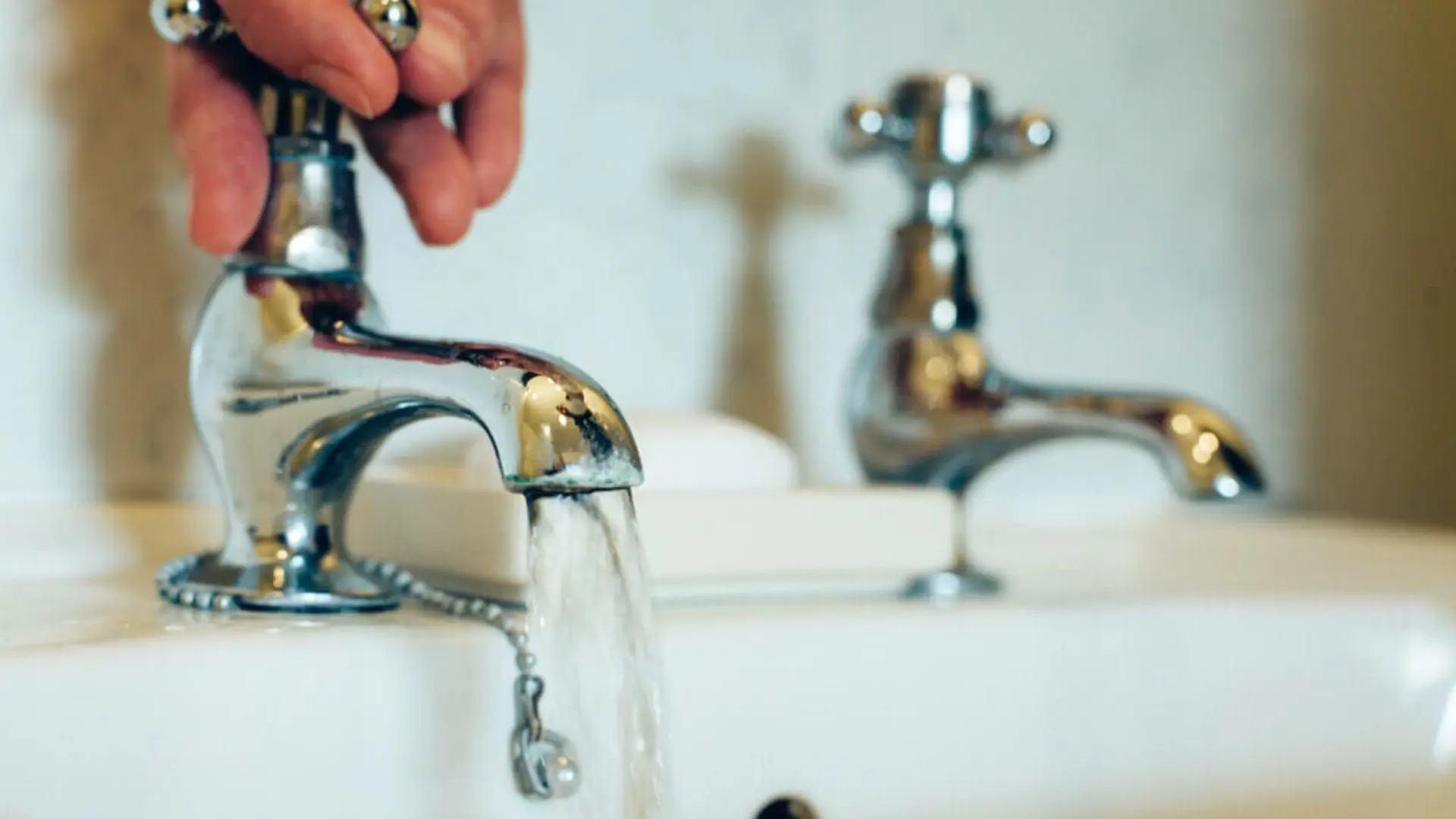
1. Leaks Toward The Base
Leaks toward the base of the toilet or sink can be challenging to spot, often going unnoticed until damp patches begin to form. A malfunctioning O-ring typically causes these leaks. If you’re comfortable with tools and basic plumbing skills, you can likely address this minor water leak at home. However, if it proves difficult or you prefer a professional touch, a licensed plumber can also handle it effectively.
2. Leaks Below The Sink
Leaks below the sink can be tricky to repair and can lead to significant damage. Damp patches, mould, and water stains indicate a leaky sink. Attempt to resolve the issue by tightening the P-trap connection and the water supply line. If this doesn’t fix the problem, it might be best to call a professional plumber to prevent further damage and thoroughly address the issue.
3. Leaks In The Faucet Head
If the faucet head leaks, it can be easy to overlook since the dripping water may not be frequent. To detect this minor water leak, dry the sink and place a small bowl under the faucet; if water accumulates, there’s likely a plumbing issue. In most cases, replacing the faucet cartridge can solve the problem. However, if the faucet is old and worn, consider replacing the entire fixture for a more effective solution. A licensed plumber can assist, especially if the fixture is outdated.
Other Common Causes For Leaks
1. Leaks Due To An Ancient Plumbing System
If your pipes are decades old, natural wear and tear over time might be causing them to leak.
2. Natural Causes
Sometimes, the roots of certain trees and plants grow out of control and protrude into the drainage and piping. When this happens, cracks develop on the surfaces of the pipes, and leaks occur.
3. Very High Water Pressure
High water pressure can cause pipes to erode over time. We recommend keeping the water pressure around 40-60 PSI to avoid leaks.
Consequences Of A Water Leak
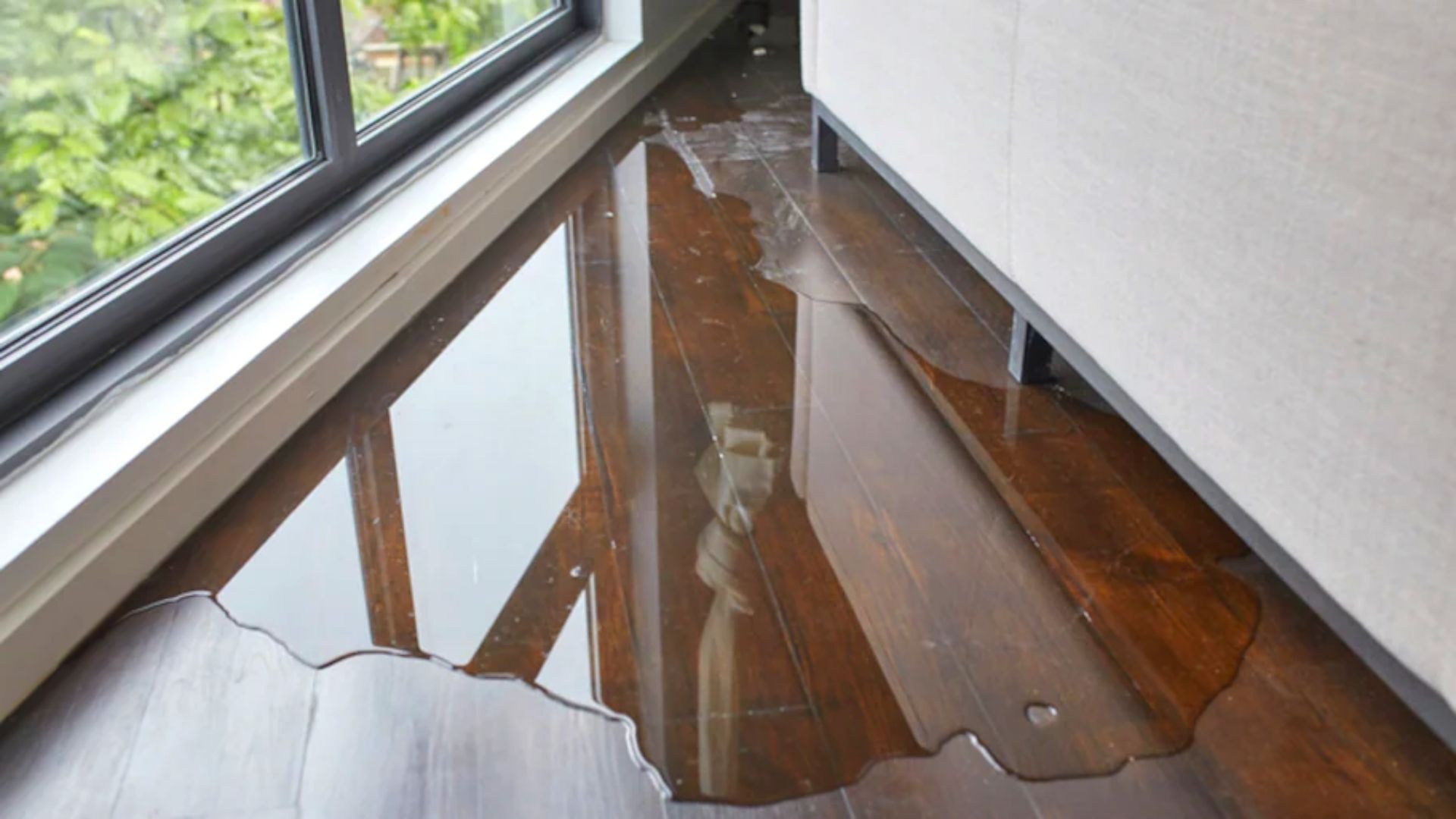
1. Damage To The Structure
Leaking water isn’t always obvious- sometimes, it occurs in places one can’t see, complicating things.
For example, if water is leaking behind a wall, under the floor, or above the ceiling, you might not notice it until there’s significant damage. Early warning signs could be slow drips or mysterious bubbles and cracks appearing in the walls.
Ignoring these warning signs could lead to the deterioration of the wood frame that supports the house. Rotting wood increases the risk of a ceiling collapse and the cost of repairing the leak. Thus, we recommend dealing with a leak the moment you find one.
2. Mould
Yet another result of an overlooked water leak is mould, which can spread in merely a day or two. When the moisture from the leak comes into contact with the humidity in the atmosphere, mould spores germinate and start applying.
Although household mould isn’t as toxic as asbestos, it is harmful and can cause allergic reactions in people with asthma or sensitivity.
3. Water Waste
You might think most water loss might be due to a bog burst. However, even small leaks can amount to a lot over time.
If you live in an area where water is scarce, a leaky toilet problem could mean lots of dollars in wasted water.
What Can Be Done About A Water Leak?
So, what do you do about a water leak at home? Homeowners can fix minor leaks, but significant leaks require a skilled professional. A plumber can accurately diagnose the problem and recommend a minimally invasive, affordable solution to tackle it. Our guide above mentions leaks that can be handled at home but need expert help.
Fixing Your Water Leak
Before signing off, we’d like to give you a small tip on diagnosing leaks.
First, ensure that all faucets and water appliances are turned off. Next, locate the water meter and note down the reading. Wait for around half an hour, and recheck the metre reading. If you notice that the number has increased, there’s probably a leak somewhere in your home.
If you’re still having trouble, don’t hesitate to reach out to the skilled plumbers here in Perth at Woolf Plumbing. We’ve got the right tools and expertise to handle water leaks for both homes and businesses. So, give us a call today!
We’ve reached the end of our guide with this, and we hope it helped. Take care and stay safe!


